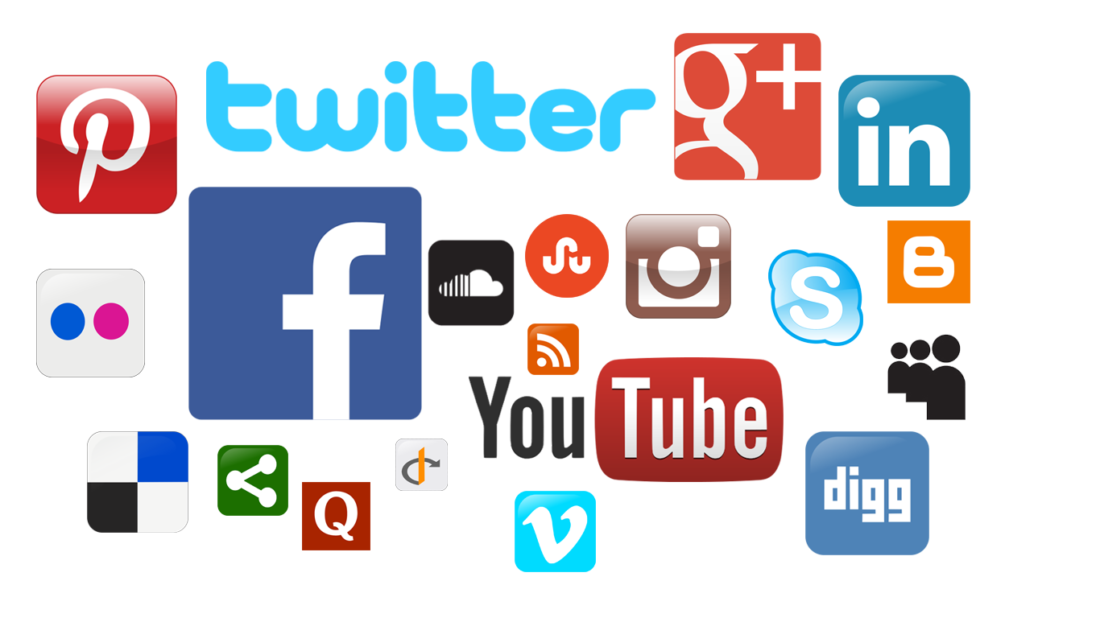The 2017 Global Digital Overview showed that, across the world, some 2.7 billion people actively use different social media channels. This figure has increased every year. Unsurprisingly, businesses, and recruiters in particular, now use social media channels, including LinkedIn and Facebook, to vet potential employees. Employers will enter an applicant’s name in Google as a form of background check. They even hire screening companies for complete online and social media background checks.

Where once reputation management was only about businesses, therefore, it is now just as much about individuals. Indeed, before someone applies for any job, they should check out how they appear online first. Simply googling yourself is all it takes to find out what is said about you online. Do so in an incognito window, so that you see exactly what others would see about you.
Private and Privacy Is not the Same Thing
When you start a new social media account, you must read the small print, even if nobody does. This is because the small print will tell you exactly which information about you can be shared. Also, you should not make the mistake of thinking that your profile will be set up as private automatically. In fact, the opposite is true. You need to make sure you change your settings to be as private as possible – including not allowing anybody to tag you in pictures without your explicit consent!
Furthermore, it shouldn’t only be about LinkedIn and Facebook. Instagram accounts, for instance, are open and your profile picture can be found on lots of different sites. Twitter is similar, particularly if you haven’t set your Tweets to private. And if you change those settings now, then all your past Tweets will still be public. Then, there is your Google+ profile, as well as your YouTube channel. If you have any strange subscriptions on that channel, it will reflect badly on you. There is Soundcloud and Foursquare, and even that old Myspace account is still around.
Understanding Privacy Settings
It is vital that you always stay up to date with the privacy settings on all channels that you use. They change regularly, which means that something that was initially private may now be public. You regularly have to make manual adjustments, particularly if you’re looking for a new job. Conduct an audit every few months, in other words, to make sure everything is still private.
But at the same time, you shouldn’t be too private. If an employer cannot find you online at all, it will be highly suspect. With 2.1 billion people being active social media users, only very few people (the very young, the very old, and the very remote) do not have an online presence. You would be wrong to assume that you don’t have an online reputation because you cannot be found online. Rather, you will instantly have a negative reputation because it will look as if you either have something to hide, or that you are not modern and aware of today’s technology.

